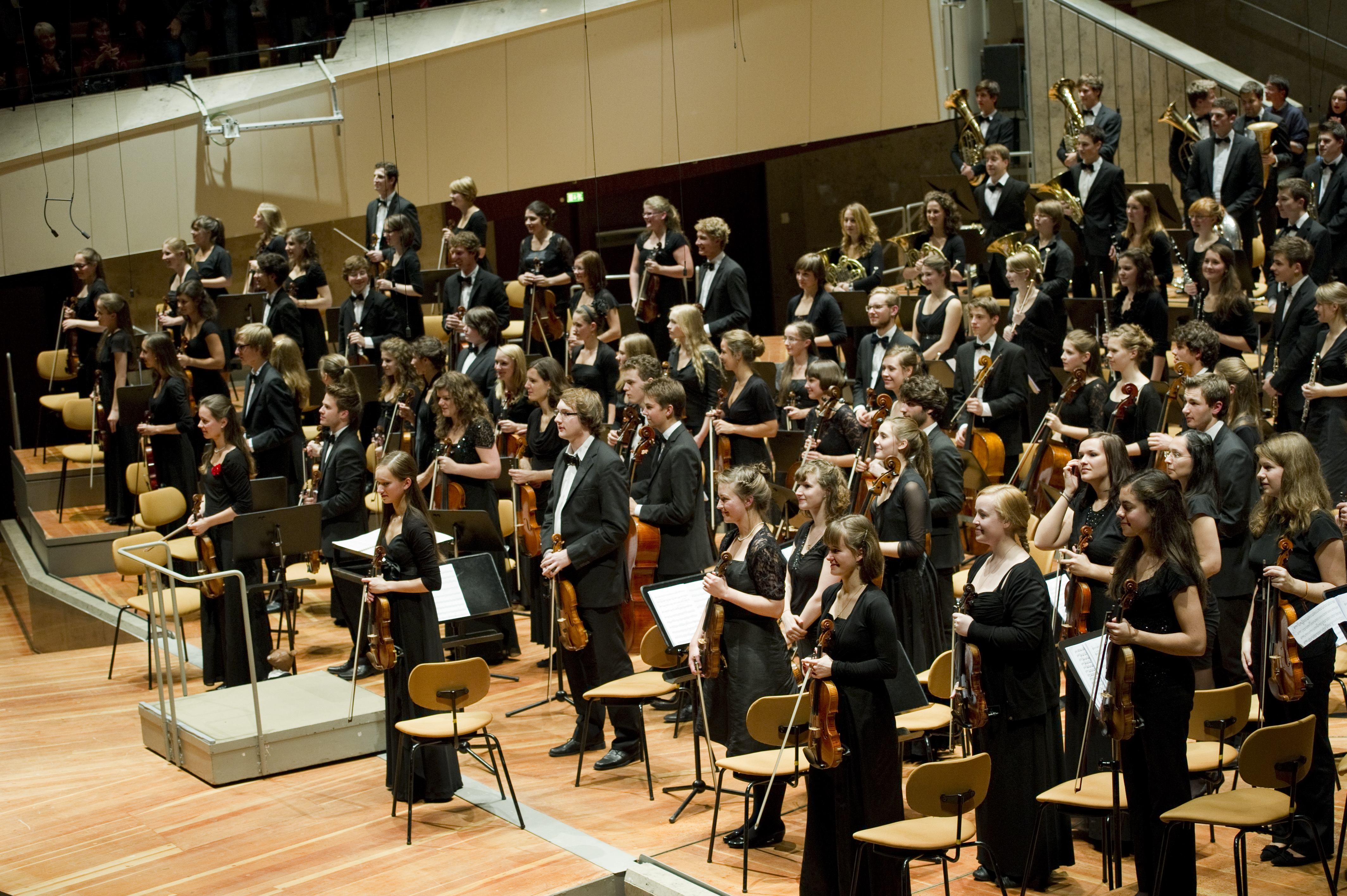History of Classical Music
- Introduction to Classical Music
- The Medieval Period (500-1400)
- The Renaissance Period (1400-1600)
- The Baroque Era (1600-1750)
- The Classical Period (1750-1820)
- The Romantic Period (1820-1900)
- The 20th Century (1900-2000)
- Modernism in Music
- Postmodernism in Music
- Women in Music
- Contemporary Music
- The Intersection of Classical Music & Pop Culture
Introduction to Classical Music
A General Overview of Classical Music

Broad tradition of Western art music.
Classical music, a term that originated in the 19th century, refers to a broad genre of Western music that includes symphonies, operas, sonatas, and much more. It is distinguished by its complex structures and high level of sophistication. Classical music is often associated with the high culture of Europe from the Middle Ages to the present.
The term "classical music" is often used to denote a particular period in the history of Western music from about 1750 to 1820, which includes the works of Haydn, Mozart, and the early works of Beethoven. However, in a broader sense, classical music refers to all Western art music from the Middle Ages to the present.
Classical music is characterized by its complexity and its adherence to certain rules of composition. It is often written for large ensembles, such as orchestras or large choral groups, but there are also many works written for single instruments or small ensembles. Classical music pieces often have a complex structure, with several movements or parts that each have their own character and mood.
The importance of classical music in the history of music cannot be overstated. It has had a profound influence on the development of music in the West and around the world. Many of the forms and structures used in classical music are still used in music today, and many modern genres, such as rock and pop, have been influenced by classical music.
Classical music is divided into several periods, each with its own distinctive style and characteristics. These periods include the Medieval period (500-1400), the Renaissance period (1400-1600), the Baroque period (1600-1750), the Classical period (1750-1820), the Romantic period (1820-1900), and the Modern period (1900-present).
Each of these periods is characterized by its own distinctive style and characteristics. For example, the music of the Baroque period is known for its ornate and intricate designs, while the music of the Classical period is characterized by its clarity, balance, and form.
In the next units, we will delve deeper into the roots of Western music and the different musical styles that have emerged over the centuries. By understanding the history and evolution of classical music, we can better appreciate the richness and diversity of this timeless genre.